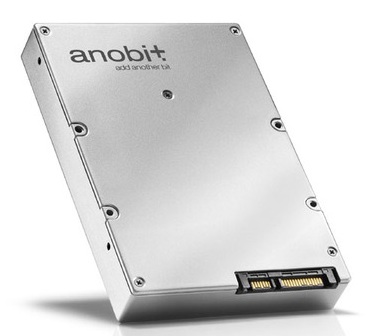As per reports coming in Apple is in talks with Anobit, an Israeli fabless semiconductor company for a buyout deal for around $400-500 million.
Though Apple invests in firms they rarely go for a buyout and have only done so four times in the past which includes the likes of NeXT (founded by Steve Jobs), P.A. Semi, Intrinsity and Raycer Graphics. But Apple which is currently sitting on a huge pile of cash is in a comfortable position to make such a move which would hardly affect the world’s most valuable company in any negative way.

Coming back to Anobit, it provides flash storage solutions comprised of Memory Signal Processing technology which helps compensate for the limitations with the NAND flash drives. The tech also helps improve the performance and speed of the flash drives, reducing the cost of the system at the same time.
Anobit also claims that the world’s leading flash manufacturers as its clients though it doesn’t disclose any of their client names. Though its rumored that Hynix a South Korean flash memory chipmaker is a client of Anobit and their chips are used in the iPhone 4S.
On the other hand Anobit also has about 95 patents of which 21 are its granted patents. Anobit was founded in 2006 by co-founder Prof. Ehud Weinstein who is currently the Chairman and CEO of the firm and his last startup called Libit Signal Processing was acquired by Texas Instruments in 1999. Ariel Maislos is the other co-founder whose last startup Passave was also acquired by PMC Sierra in 2006. The firm employs around 200 employees and is said to boast of an impressive management team.
This development is very interesting considering the fact that Apple sources most of its flash memory chips from Samsung and we all know how good the equation is between the two. So is Apple trying to reduce its dependence on Samsung or maybe using the acquisition to bargain some sort of a deal with Samsung.
The other interesting perspective can also be that they are working with a third party manufacturer of flash memory chips and trying to improve the performance of those chips to drastically reduce or even completely eliminate sourcing of chips with Samsung. Apple already had made their intentions pretty clear when they entered into a deal with Taiwan Semiconductor Manufacturing Company (TSMC) for the A6/A7 chips.
